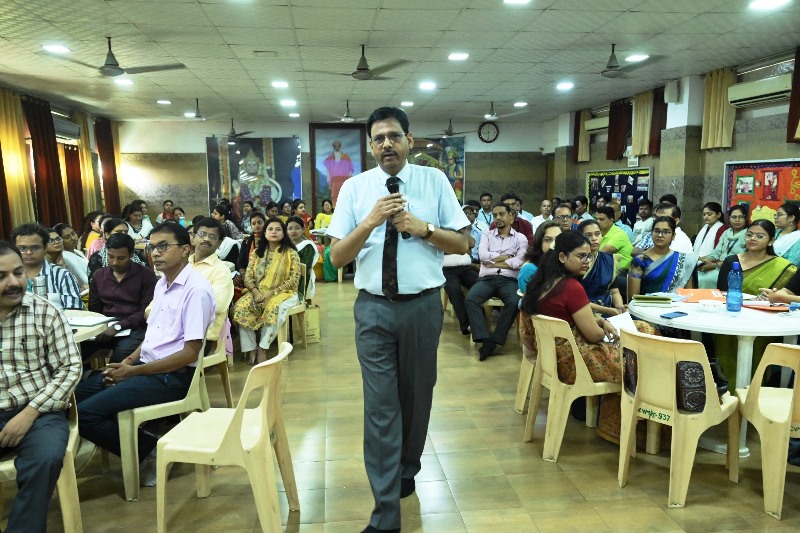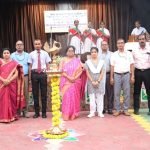Bokaro: Children spend a significant portion of their day in classrooms, making it crucial for these environments to be safe, happy, and productive. Effective education hinges on the positivity of the classroom atmosphere, and teachers play a pivotal role in cultivating this environment. Several strategies can be employed by educators to foster a positive classroom climate. 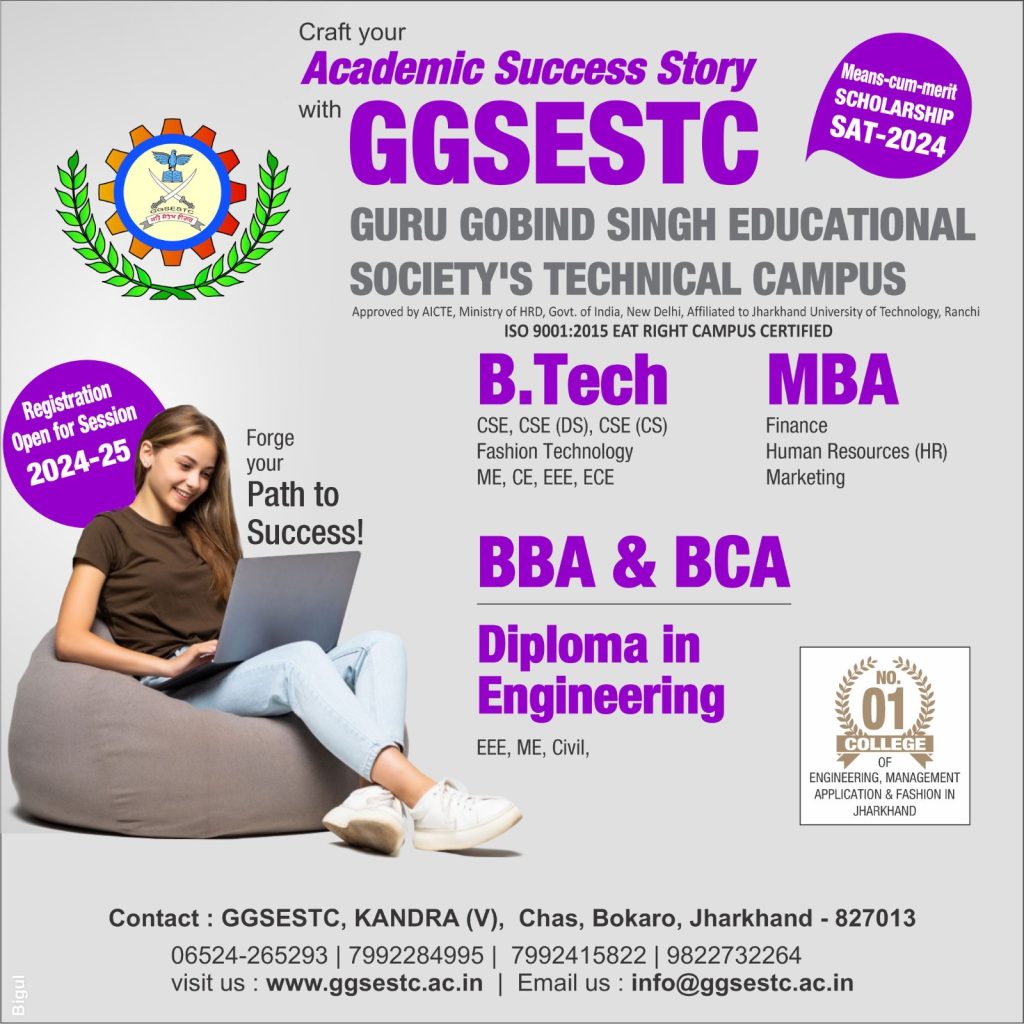

The Power of Appreciation
Principal Suraj Sharma, addressing teachers in the first session of the workshop, emphasized the importance of appreciation in building a positive relationship between students and teachers. The simple word “shabaash” can significantly boost children’s confidence and motivation. He stressed the need to recognise and appreciate students’ progress and talents, irrespective of their varying goals.
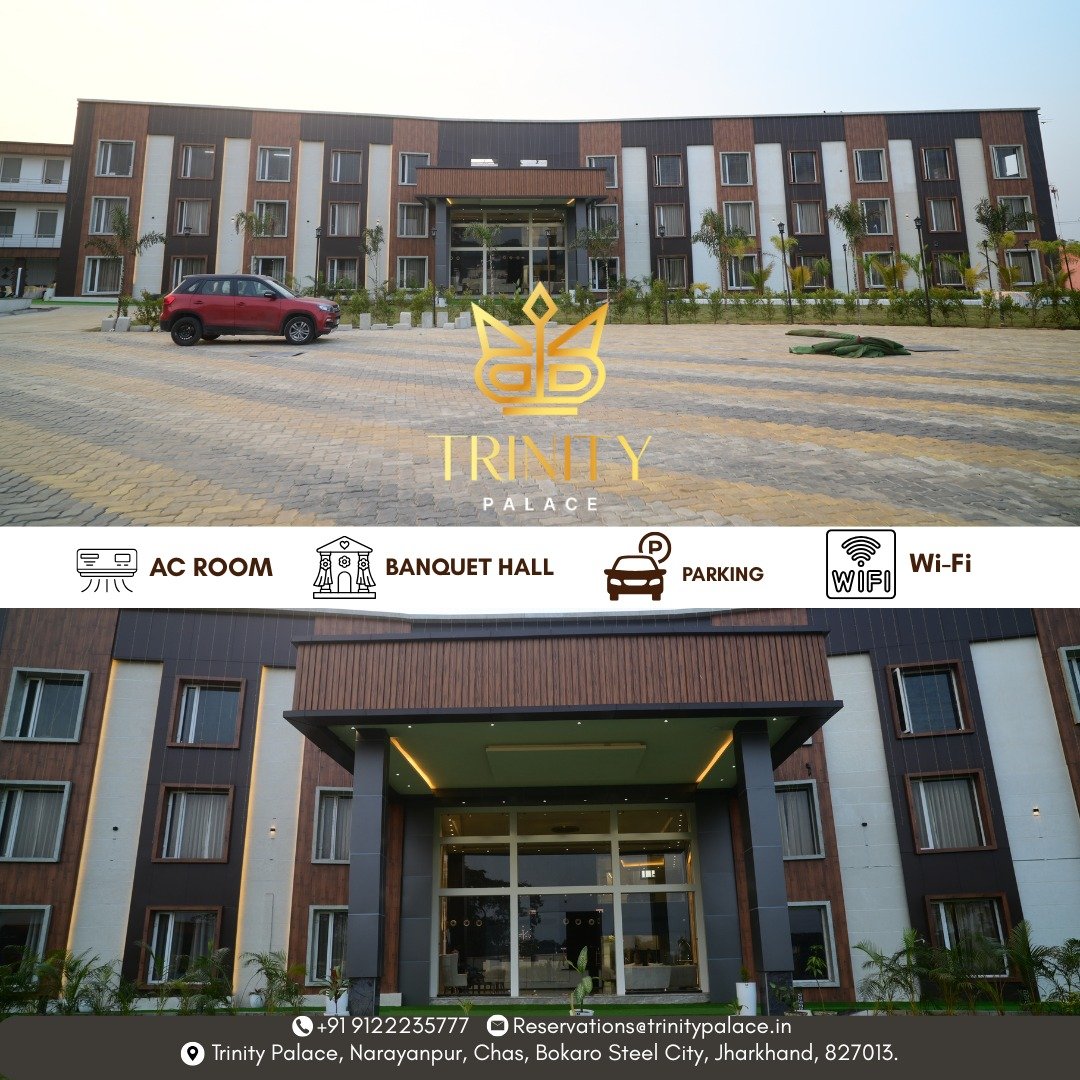
“Please appreciate the good work of students,” Sharma urged, highlighting that acknowledgment and encouragement are key to nurturing a supportive learning environment.
Creating a Constructive Environment
Sharma also discussed the need to think creatively about changing the classroom environment to be more constructive. He pointed out that the traditional education system often tries to mold every child into the same pattern, which can lead to discontent. Recognising that each child is unique and cannot be confined to a single mold is essential. A dynamic and adaptable approach to education can prevent feelings of frustration and help cater to individual needs.
Happy Classrooms: Key Elements 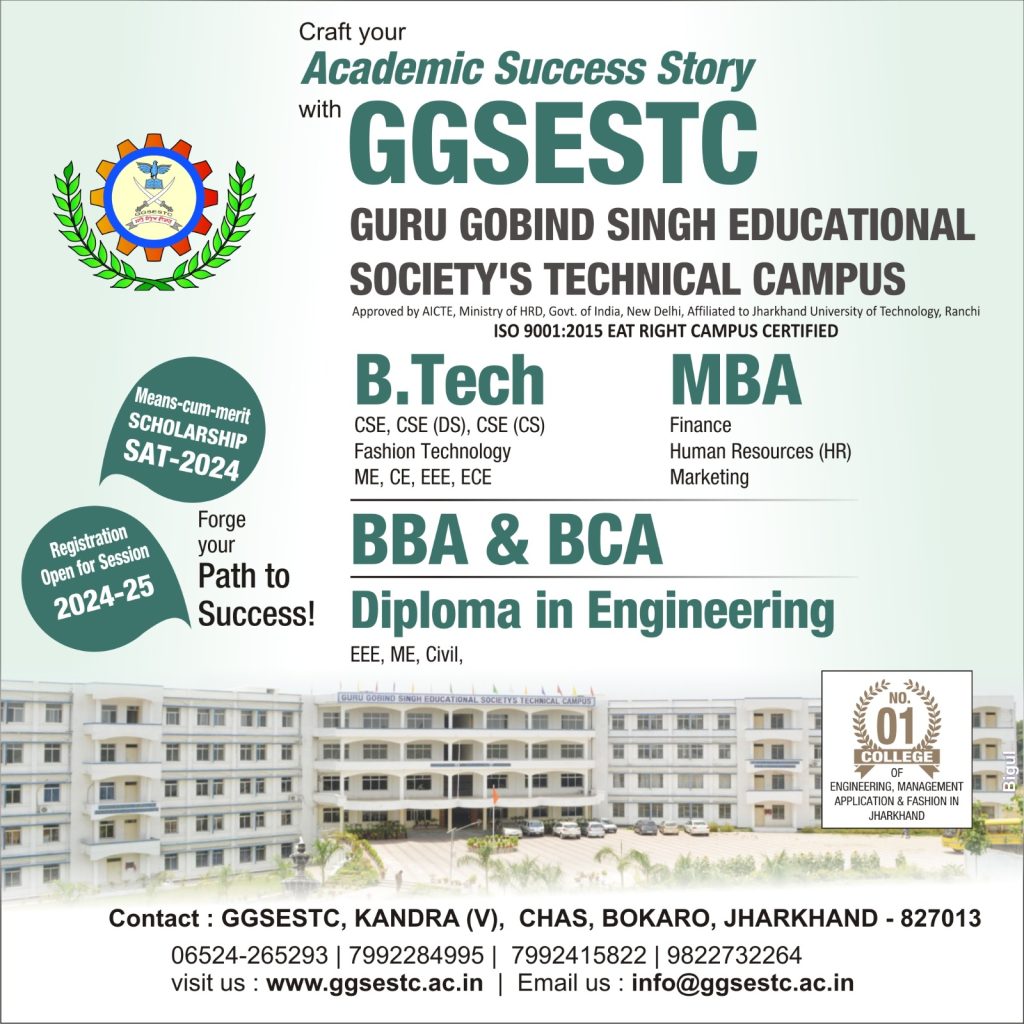
In the second session, Dr. Namita Sharma delved into the nuances and importance of maintaining a happy classroom. She underscored that both teachers and students are unique, and teaching methods should reflect this individuality. Dr. Sharma encouraged teachers to provide specific feedback on what students did right or nearly right and to share positive feelings about their efforts. This practice fosters a sense of accomplishment and encourages continued good work.
Balancing Results and Methodology
Dr. Sharma also highlighted that while parents and teachers often focus on results and outcomes, the methods used to achieve these results are equally important. She reiterated the need for a dynamic and evolving approach to teaching that can adapt to the uniqueness of each student and teacher. This flexibility is crucial in creating a learning environment where everyone can thrive.
Financial Literacy Workshop
The workshop also featured a session on financial literacy conducted by Rahul Roy, who impressed attendees with his unique style. Roy emphasised the importance of both teachers and students having accurate information about finance. He discussed the necessity of understanding savings plans and investment habits and provided detailed insights into mutual funds, savings, investments, expenses, and income tax returns.
The workshop, attended by Secretary Mahesh Tripathi, Vice Principal Narmendra Kumar, and all the teachers, concluded with a collective appreciation for the insights shared.




